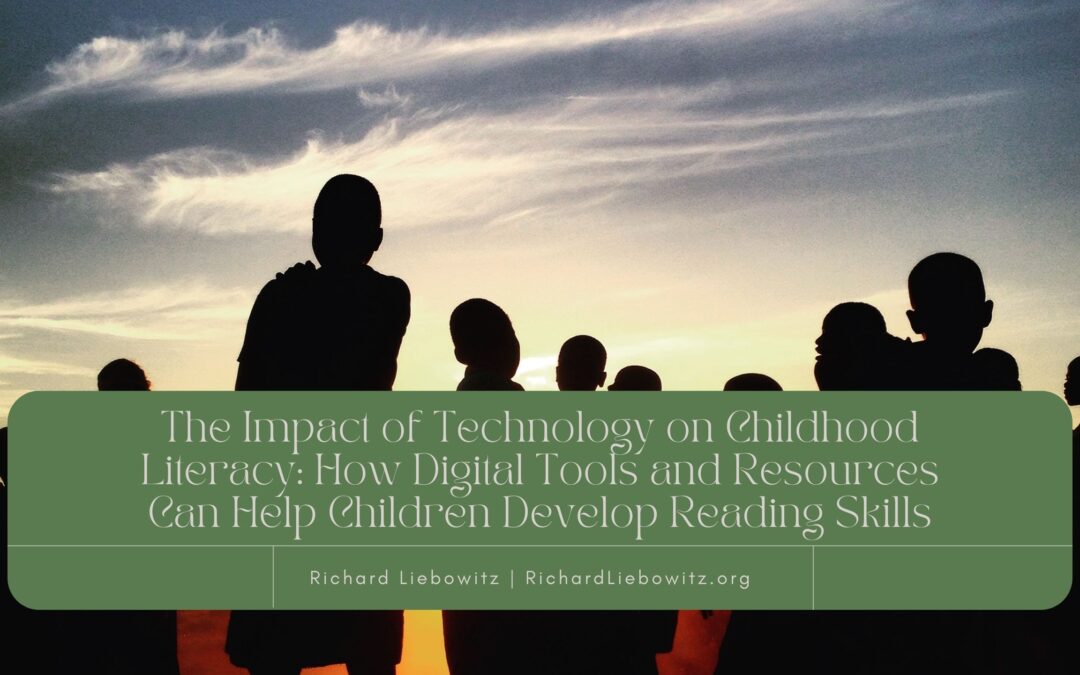In today’s digital age, technology in literacy development is increasingly vital in childhood education. Digital tools and resources offer new and innovative ways to engage children and help them develop critical reading skills. Digital tools and resources can offer a range of benefits for children learning to read. Interactive e-books and reading apps can help children engage with stories in new and exciting ways. These tools often include animations, sound effects, and interactive quizzes to help children stay engaged and motivated as they read. In addition to e-books and reading apps, a range of other digital tools and resources can help children develop reading skills. Online reading games and activities can help children improve their phonics skills, while digital flashcards and quizzes can help children build their vocabulary and comprehension.
One of the key benefits of digital tools and resources is that they can be tailored to meet the needs of individual learners. Children struggling with reading can use digital resources to practice specific skills they need to work on, such as phonics or comprehension. Digital tools can also be adapted to suit different learning styles, allowing children to learn in the way that works best for them.
Digital innovation can help make reading more accessible for all children, including those with learning disabilities or special needs. Text-to-speech technology can help children who struggle with understanding written text. Audiobooks can help children struggling with reading comprehension by engaging and building their vocabulary.
Despite the many benefits of digital tools and resources, there are also some potential drawbacks. For example, some experts have raised concerns about the impact of screen time on children’s development, including their ability to focus and learn. It’s important to balance digital tools and resources with other forms of learning, such as traditional books and hands-on activities. In addition, it’s essential to ensure that children use digital tools and resources safely and responsibly. Parents and educators should monitor children’s use of technology and ensure that they are accessing appropriate content and staying safe online.
Modern resources have the potential to make a significant impact on childhood literacy development. Interactive e-books, reading apps, online games and activities, and other digital resources can help children develop key reading skills and improve their literacy. However, it’s crucial to balance digital tools and resources with other forms of learning and ensure that children use technology safely and responsibly. By doing so, we can help children develop the reading skills they need to succeed in school and beyond.

